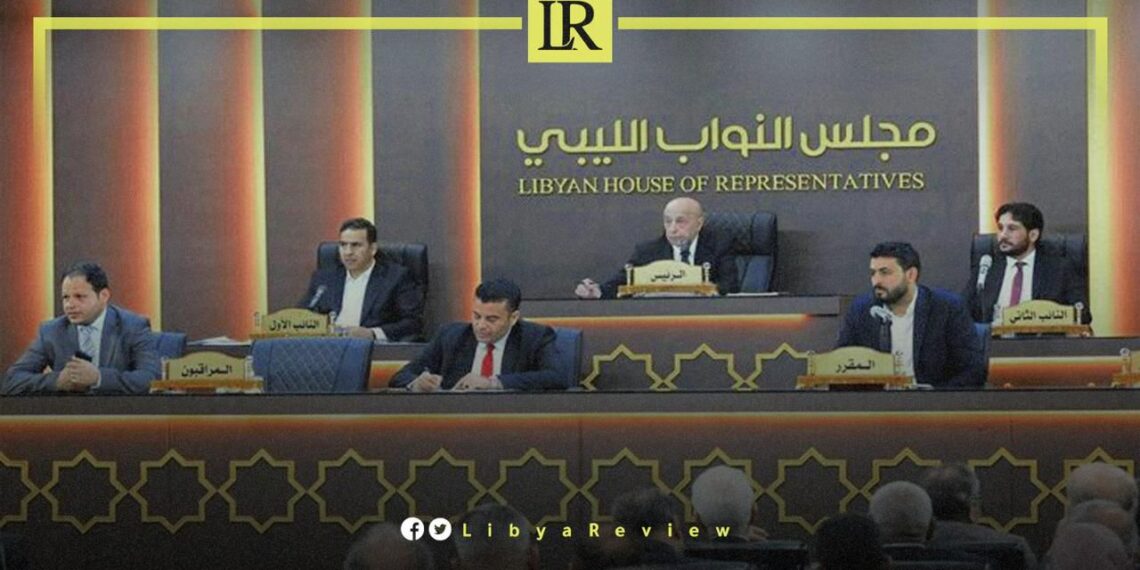On Monday, the Libyan Parliament announced the appointment of new board members to the Central Bank of Libya (CBL), aiming to address growing economic challenges and streamline monetary policy. According to Resolution No. 17 of 2024, the appointments were shared by Parliament spokesperson Abdullah Blehaq on his official Facebook page.
The newly appointed board members are Dr. Fakher Miftah Boufarna, Wisam Al-Saadi Al-Kilani Al-Saadi, Dr. Fawzi Misbah Ali Bokhazem, Reda Mohammed Saeed Gargab, Amer Mohammed Karkar, and Ali Awad Ali Imran. Their selection signals a renewed effort to reform the financial sector amid currency instability and internal divisions.
Libya’s economic crisis is exacerbated by political fragmentation, currency volatility, and inflation driven by a dual exchange rate system. With separate exchange rates for official and commercial transactions, the gap between them has encouraged black market trading and undermined confidence in the financial system. Economic instability, coupled with the absence of a unified government, has made it difficult to implement effective policies.
Two days before the appointments, a parliamentary committee led by Misbaha Douma, the Second Deputy Speaker, proposed several reforms to counteract the effects of the currency crisis.
The committee reviewed the controversial foreign exchange levy introduced by Aguila Saleh, the Parliament Speaker, on currency sales. It also urged Parliament to set a new exchange rate that reflects economic realities, introduce currency transaction taxes in coordination with the CBL Governor, and form a unified government to prevent further economic deterioration.
One of the primary goals of the new board is to strengthen the Central Bank’s role in stabilizing the exchange rate and curbing inflation. However, its success will depend on overcoming political divisions between Libya’s rival authorities. The CBL, with parallel operations in Tripoli and Benghazi, has faced significant challenges in implementing cohesive financial policies due to political interference and a lack of coordination between eastern and western factions.
Reforming the CBL board is seen as a critical step toward rebuilding public trust and ensuring the bank can respond more effectively to economic challenges. However, the Parliament and the new leadership will need to address complex issues such as currency unification and market regulation while ensuring that financial reforms align with broader efforts to consolidate the country’s divided political landscape.
Libya’s persistent failure to form a unified executive authority has left the economy in limbo, with multiple governments competing for legitimacy and complicating policy implementation. Observers hope that a reformed Central Bank can restore confidence and provide a framework for economic recovery, but much will depend on the political will to pursue a common agenda.


